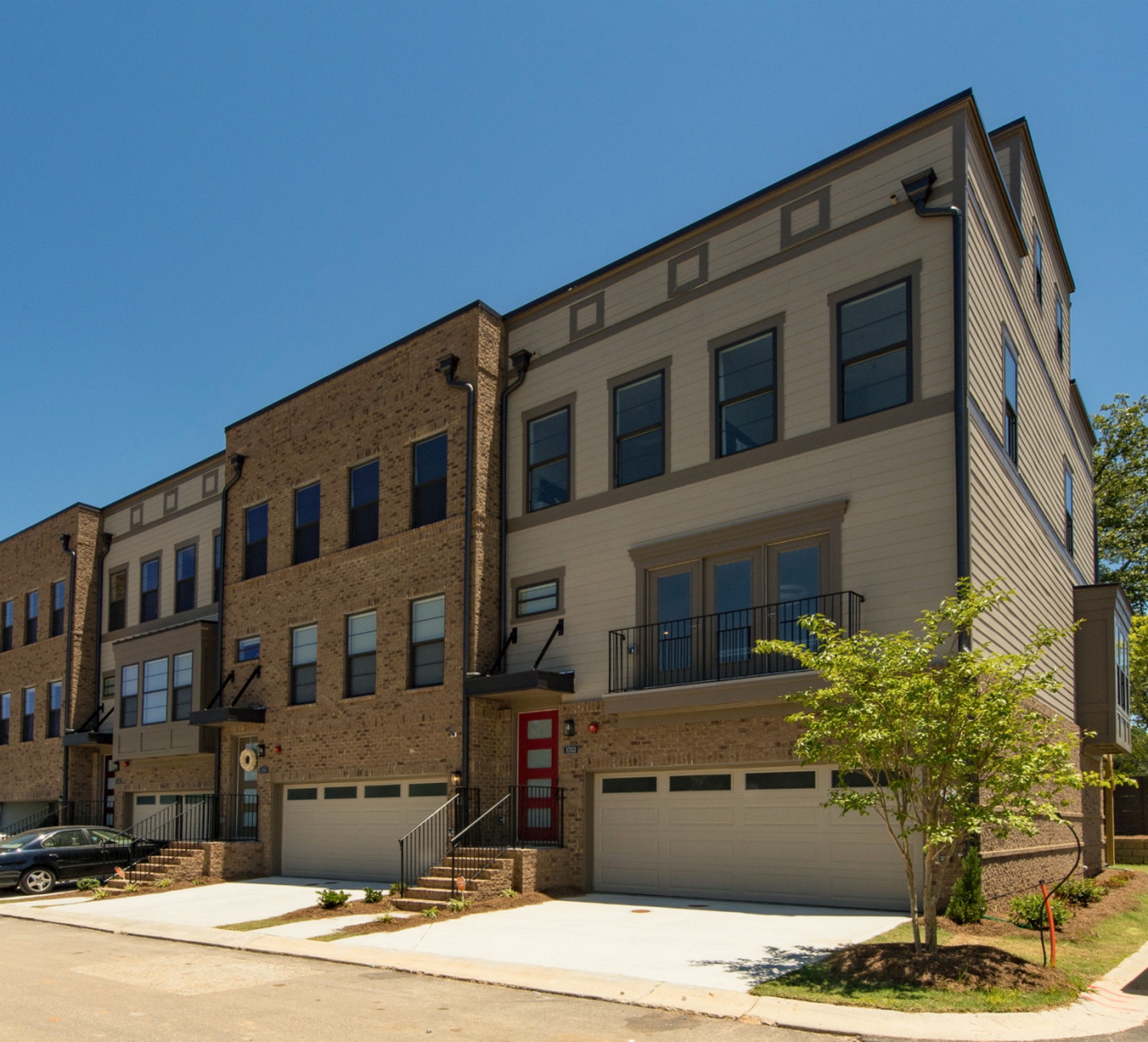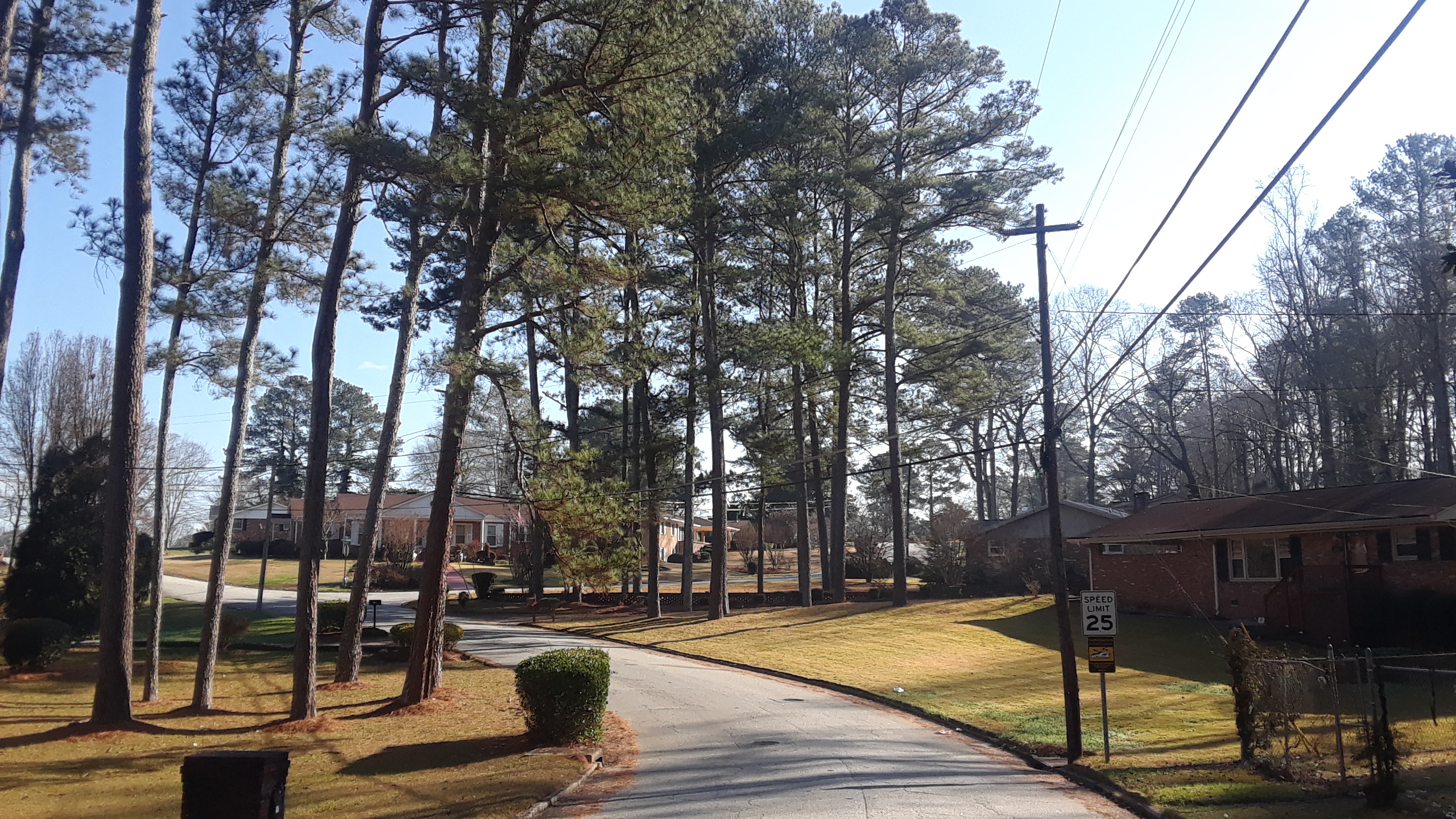With the command “Alexa, goodnight,” Jeremy Gill’s new house automatically puts the shades down, adjusts the temperature and makes sure all the doors are locked.
He and his wife, Gina, are among the first people to move into Atlanta’s first “Smart Neighborhood” on the city’s Westside. The 46-townhouse development is a partnership between Georgia Power and PulteGroup, and the homes all sport the latest technology.
Nineteen of the homes were sold in the first weekend.
In addition to the home automation control, these townhouses also have energy technology like LED lighting, efficient appliances and rooftop solar panels with batteries to store the power they generate.
Holly Crawford of Georgia Power says this battery-stored energy will be key if the power goes out.
“They will have a minimum of four hours of backup power supplemented by also the rooftop solar, but they can have a maximum of 12 hours — half a day,” Crawford said.
Gill is an app designer, so he’s excited to learn from all the data his new smart home will provide.
“I’m going to be a little bit more under the hood than your average homeowner,” he said.
However, his wife took a little more convincing.
“Initially, I was concerned because I’m more just the plain Jane. What does this mean? Is this going to be like ‘I, Robot,’ the robots take over?” she said.
The Gills won’t be the only ones learning from their new home.
Georgia Power and Oak Ridge National Laboratory will also be studying the neighborhood.
Crawford says this type of research could benefit everyone by figuring out best practices, like what’s the most efficient temperature to set your thermostat at to lower your bill.
Crawford says she’s not sure if smart neighborhoods will be for everyone, and with an average price of half-a-million dollars — these townhomes likely aren’t.
Jeremy Gill says Georgia Power has been transparent about how they’ll use his data. But mostly, he and his wife are just really excited.
“To be a part of the test, we just jumped about 10 years in the future,” he said.
The Gills moved in this month, and research on the two-year pilot program has already begun on the neighborhood.









